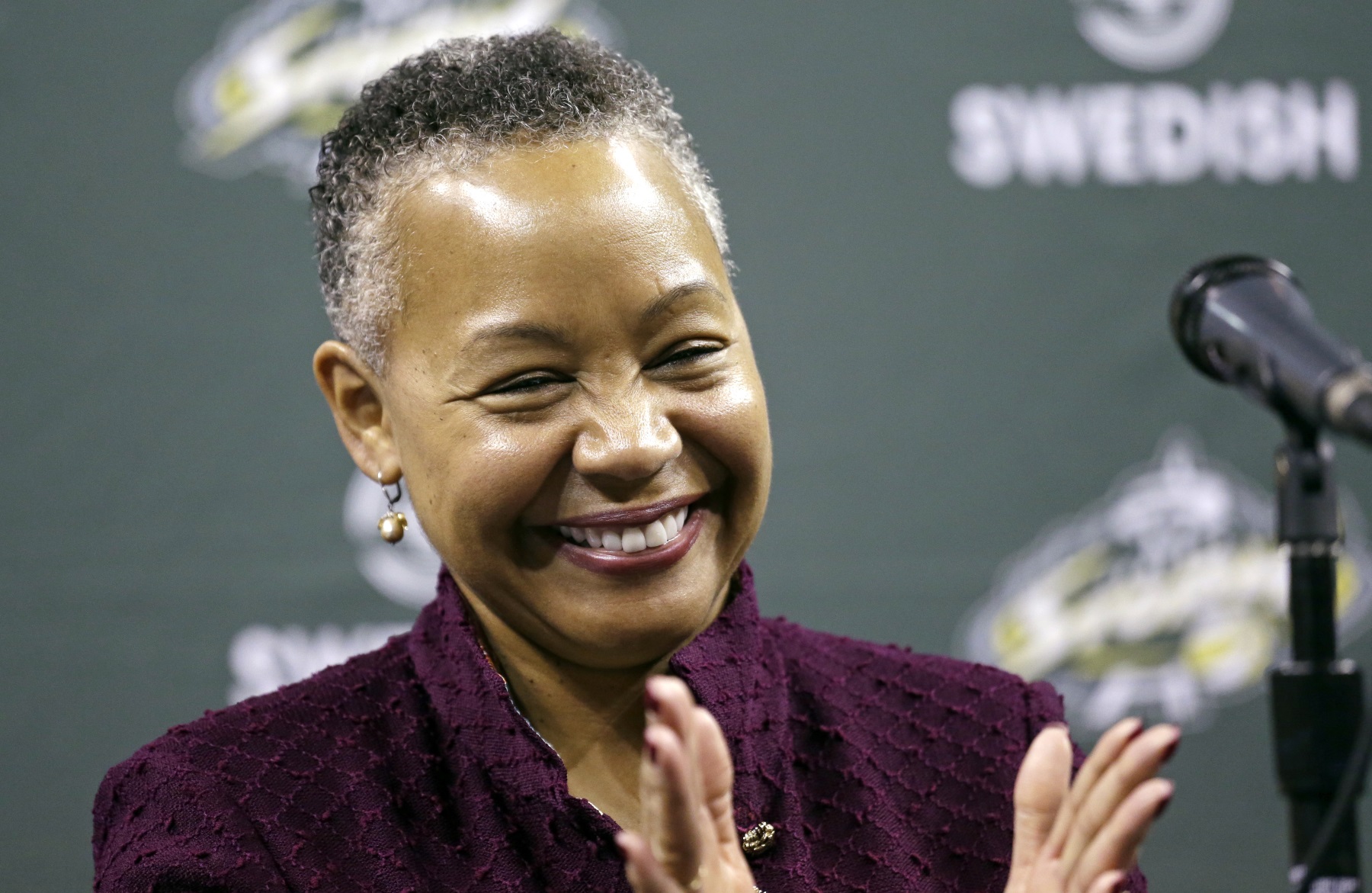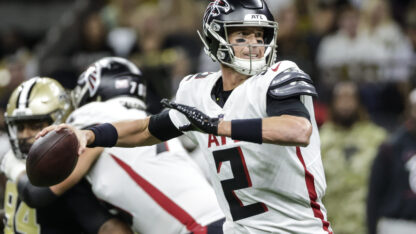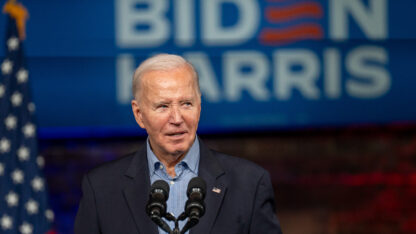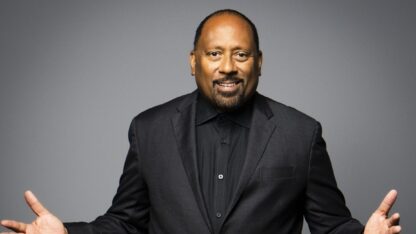WNBA President Lisa Borders On The League, Social Activism, Atlanta Politics

WNBA president Lisa Borders is a former Atlanta City Council president and ran as an Atlanta mayoral candidate.
Elaine Thompson / Associated Press
More than two decades ago, the WNBA made its debut. Earlier this fall, the league ended its 21st season with a rebound in attendance and new media to deliver its games.
WNBA president Lisa Borders is a former Atlanta City Council president and mayoral candidate. She’s in her second year at the helm of the league and joined host Denis O’Hayer on “Morning Edition” to talk about the future of Atlanta’s WNBA team, letting players stand up for social issues and the current mayor’s race.
On The Future Of The Atlanta Dream
Teams go through cycles, just as businesses do. You have an up cycle and a down cycle. You have an opportunity to sit back and evaluate how well you’re doing and to make the adjustments.
On Competition For Sports Dollars In Atlanta
I think about the entertainment dollar, not just the sports dollar. There’s enough people and enough money out there for everybody. Everybody’s not watching soccer. Everybody’s not playing basketball. Everybody’s not watching football. People are doing lots of different things. I think the competition is frankly healthy.
On WNBA Players Speaking Out About Social Issues
Long before Colin Kaepernick took a knee, our women have been standing up, working in their communities as part of what they do and who they are every single day. So, my first reaction is to support them, to allow them to use the platform of the WNBA because they created it, they cultivate it, they curate it every single day.
On What Advice She Might Give The NFL Regarding How To Handle Player Protests
Every revolution in the history of the world has been started by young people: I want to make sure that we old heads don’t get in the way because we are often afraid to stand up and say what needs to be said or to push back on the status quo. Young people are absolutely fearless.
On The Open Discussion Of Race In The Atlanta Mayor’s Race
We passed civil rights legislation in the 1960s, and then we put it in a book and put in on a shelf, and we’ve been relatively inattentive for the last 45, 50 years — that’s two generations. If we don’t talk about race, if we don’t deal with all the vestiges of all the poor behaviors in the past, it’ll just come back again, again and again to haunt us.








